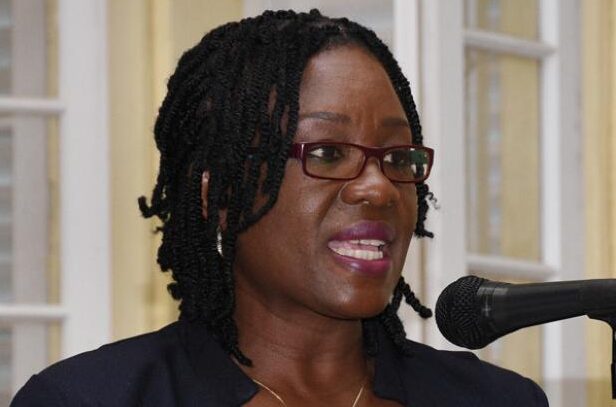Barbados Confronts Rising Youth Involvement in Violent Crime: Urgent Calls for Early Intervention in Schools

November 21, 2024
Barbados faces a crisis with rising youth involvement in violent crime, particularly gun-related offenses and murder. Urgent early intervention in schools is recommended to address at-risk behaviors effectively.
Barbados faces a “crisis situation” with rising youth involvement in violent crime, including gun-related offences and murder, warned government criminologist Cheryl Willoughby, calling for urgent early intervention in schools to identify and address at-risk behaviours before they escalate.
Speaking during a virtual presentation of research findings on recidivism which echoes the worrying “crime crisis among youth”, Willoughby, the director of the Criminal Justice Research and Planning Unit, urged stakeholders to prioritise early diagnosis and targeted interventions.
“I [have a] grave concern for the level of gun violence that we have in Barbados, especially targeting our young people,” she said.
“Right now Barbados has, I would call it, a crisis situation whereby we are having our persons accused of murder having an average age of between 16 and 18 and some may go up to 19 in one or two cases.”
Willoughby noted that these statistics point to deficiencies in diagnosing and addressing behavioural issues early in a child’s development.
“What I am advocating is that we identify early those children within our school system who are displaying certain criminogenic behaviours, risk factors that would allow interveners, whether it is the teacher… or whoever, to seek help early for those children,” she said.
When a young person commits a serious crime such as murder, it is often indicative of undiagnosed or untreated risk factors from their homes or schools, she suggested.
“Those triggers were not dealt with efficiently to allow that child to be able to reintegrate,” she said.
Willoughby advocated for a public health approach to crime prevention, stressing the importance of evidence-led solutions.
“Crime has to be an entire-country approach to solving the issue. We have to have an integrated approach, whether it is integrated at the level of criminal justice, penal justice, or at the level of social services,” she said.
Willoughby praised the National Peace Programme, led by Minister in the Attorney General’s Office with responsibility for crime prevention, Corey Lane, as a positive step toward implementing evidence-based strategies, saying that the projects “put [their] research findings into context and develop and design programmes based on empirical evidence”.
Willoughby also urged the inclusion of young people in the planning process for crime prevention programmes.
“Our target population, the young people, must have a seat at the table where we are planning interventions to curb our spreading crime within our communities,” she said.
Further urging community members to collaborate with the Criminal Justice Research and Planning Unit, Willoughby said: “If you are within communities that you deem to be high-crime or high-risk communities… and you would like to see some interventions happening, give us a call.”
The webinar, hosted as part of Crime Awareness Month, sought to engage stakeholders in addressing youth offending and re-offending, with a focus on early intervention and evidence-based strategies.


